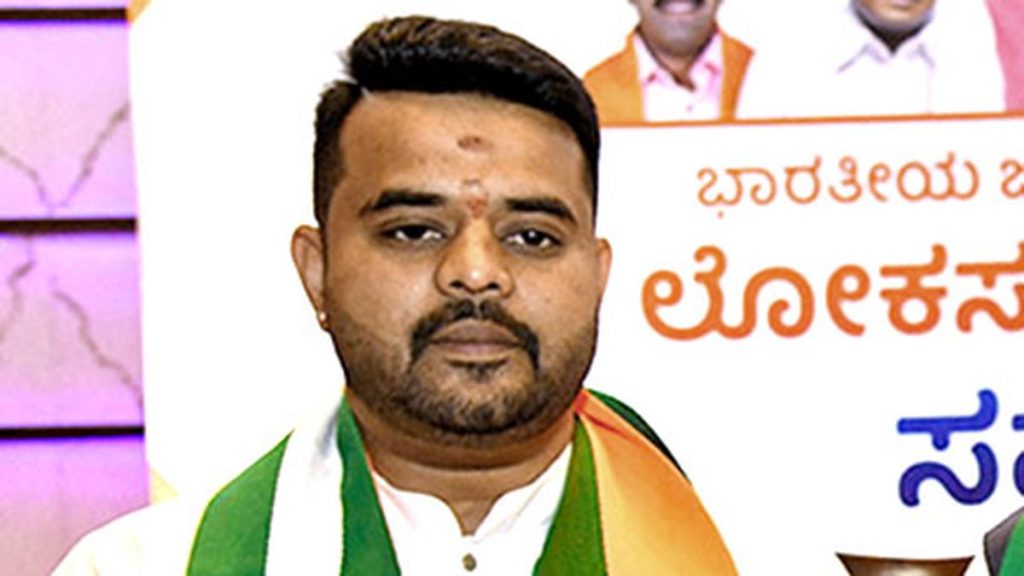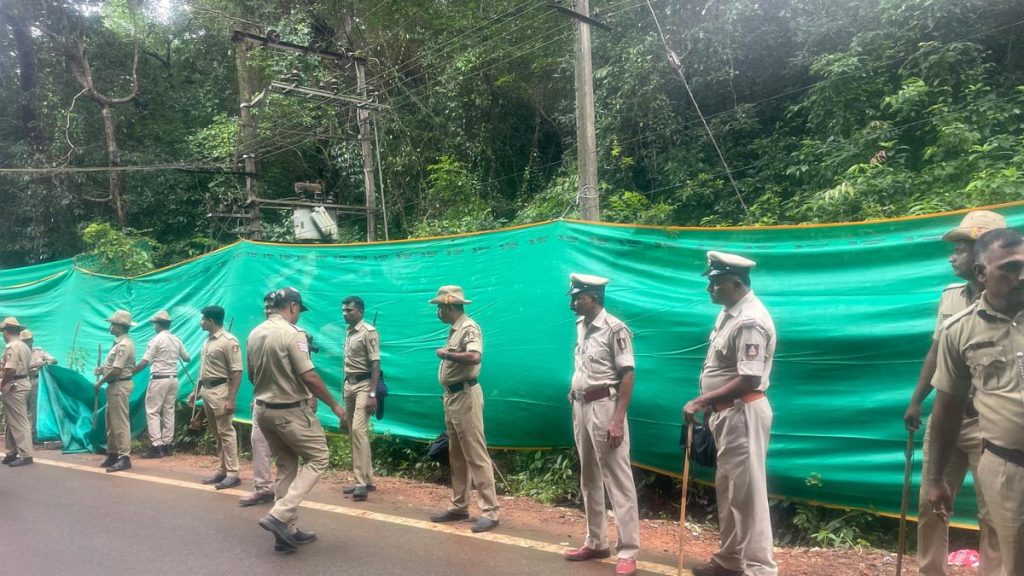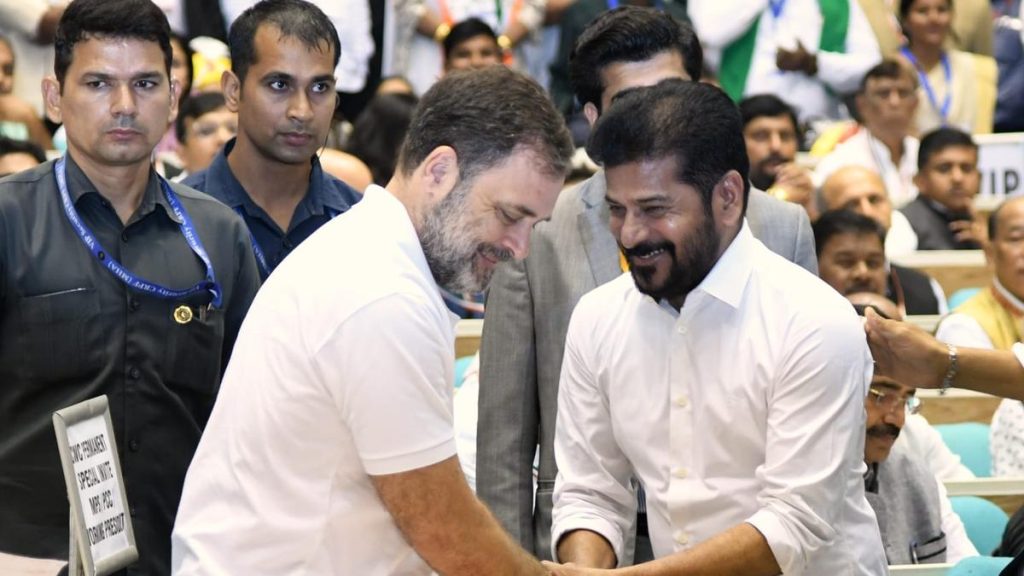Now Reading: Owaisi Critiques NIA Verdict in Malegaon Blast Case: Calls It ‘Shoddy Investigation
-
01
Owaisi Critiques NIA Verdict in Malegaon Blast Case: Calls It ‘Shoddy Investigation
Owaisi Critiques NIA Verdict in Malegaon Blast Case: Calls It ‘Shoddy Investigation
Quick summary:
- A special court acquitted all seven accused in the 2008 Malegaon blast case due to “lack of reliable adn cogent evidence.”
- The verdict noted that “mere suspicion cannot replace real proof” and stated that provisions of UAPA were not applicable.
- Six individuals were killed, and 101 others injured when a motorcycle strapped with an explosive blew up near a mosque in Malegaon on September 29, 2008.
- Accused included former BJP MP Pragya Singh Thakur, Lt col Prasad Purohit, Major Ramesh Upadhyay (retired), Ajay Rahirkar, Sudhakar dwivedi, Sudhakar Chaturvedi, and Sameer kulkarni. All smiled as they thanked the judge and their lawyers after being acquitted.
- AIMIM chief Asaduddin Owaisi criticized the verdict consequently of “deliberately shoddy inquiry/prosecution,” questioning whether governments will appeal.
- Owaisi recalled allegations by ex-special public prosecutor Rohini Salian about NIA asking her to “go soft” on accused persons.
- He linked the case to slain ATS chief Hemant Karkare’s initial investigation into the conspiracy before his death during the 26/11 Mumbai attacks.
Indian opinion Analysis:
The acquittal highlights systemic challenges in India’s judicial approach to terror-related cases. the special court’s critique of investigation loopholes underlines weaknesses in evidence collection and prosecution processes-a recurring concern for high-profile cases. While declaring that terrorism has no religion is an essential affirmation of constitutional secularism, reliance solely on procedural technicalities risks eroding accountability for tragic incidents like Malegaon.
Asaduddin Owaisi’s reaction echoes broader questions about institutional efficacy regarding justice delivery.Allegations against investigative bodies point to potential political influences surrounding controversial trials-a factor warranting scrutiny irrespective of ruling governments’ affiliations or priorities.
The decision’s implications are twofold: it recalibrates standards for charging individuals without solid proof but simultaneously reignites debates around perceptions of biased or selective justice mechanisms within India’s terror landscape. Calls for appeals or accountability from concerned parties could ensure transparency while balancing victims’ rights with safeguards against wrongful convictions.






















